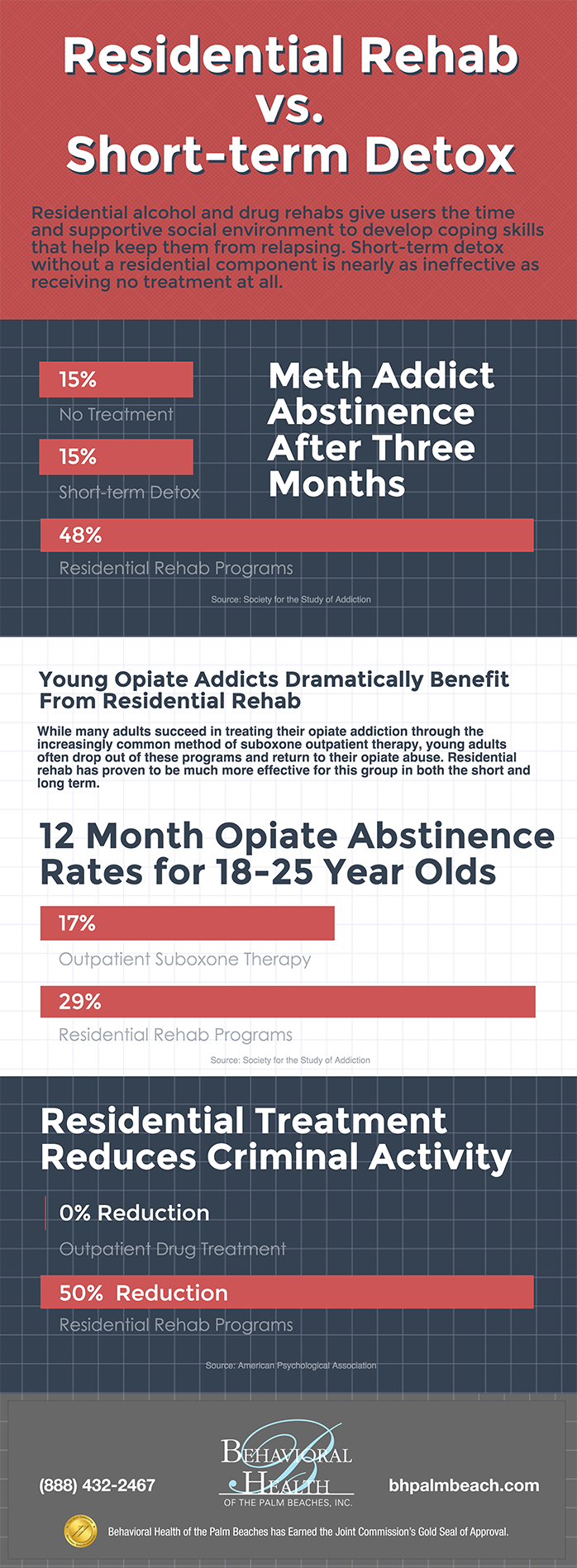You have actually completed Drug rehab and taken a significant step towards a healthier lifestyle. But now, facing triggers and desires post-rehab can be a tough journey. How do you browse via these moments without compromising your progression? Recognizing the techniques to manage triggers and food cravings is crucial in preserving your sobriety. Let's discover reliable means to manage these difficulties and secure your newfound commitment to living a drug-free life.
Identifying Triggers and Desires
To effectively manage your triggers and cravings, begin by recognizing the situations or emotions that cause your desire to use. Take a minute to assess what circumstances or feelings trigger your food cravings. Is it stress and anxiety, monotony, social situations, or specific places? By pinpointing these triggers, you can better prepare yourself to manage them.
Triggers can be both internal, such as adverse feelings or physical pain, and external, like being around individuals who use substances or visiting a certain place.
Take notice of patterns in your food cravings-- are they much more constant at certain times of the day or in feedback to particular occasions?
Building Healthy Coping Methods
Identifying your triggers and food cravings is the initial step towards building healthy and balanced coping techniques to manage them effectively. As soon as relevant webpage of what scenarios, emotions, or people activate your cravings, you can start creating a plan to address them.
One effective approach is to replace unfavorable habits with favorable ones. As an example, if stress sets off yearnings, exercising leisure strategies such as deep breathing or reflection can assist. Taking part in physical activities such as exercise or choosing a walk can also be a wonderful means to cope with food cravings.
How To Overcome Alcohol Addiction Los Angeles CA 91790 of structure healthy coping techniques is to create an encouraging environment. Surround on your own with individuals that recognize your trip and can offer inspiration and liability. It is necessary to develop borders with individuals who may not support your healing.
Furthermore, establishing a routine that consists of healthy and balanced routines like normal workout, appropriate nutrition, and enough rest can help you stay on track and lower the chance of experiencing triggers and desires.
Looking For Assistance and Liability
Producing a network of encouraging people that can give inspiration and hold you responsible is vital in handling triggers and desires successfully. Choose close friends, relative, or a support group who recognize your trip and can provide assistance when you deal with challenging situations.
Having someone to speak to throughout moments of lure can make a significant difference in staying on track with your recuperation. Responsibility companions can assist you remain focused on your goals and advise you of the reasons that you selected to seek aid to begin with.
They can additionally help in developing a structured plan to cope with triggers and food cravings, such as creating alternative tasks or coping mechanisms to change the urge to utilize medicines. Routine check-ins with your support group can give reassurance and motivation, aiding you feel less separated in your recovery trip.
Final thought
Bear in mind, identifying and managing triggers and cravings after Drug rehabilitation is a vital part of maintaining sobriety.
By recognizing your triggers, building healthy coping approaches, and seeking assistance from enjoyed ones or support groups, you can navigate with difficult moments and stay focused on your soberness goals.
Remember, you aren't alone in this journey, and with the right devices and support, you can get over lures and live a meeting, drug-free life.
Keep strong and maintain progressing.
